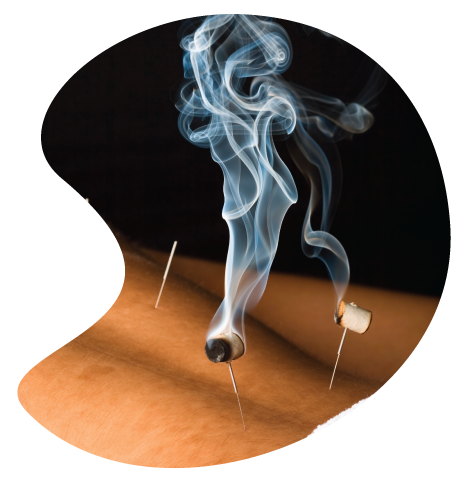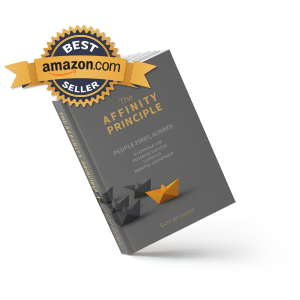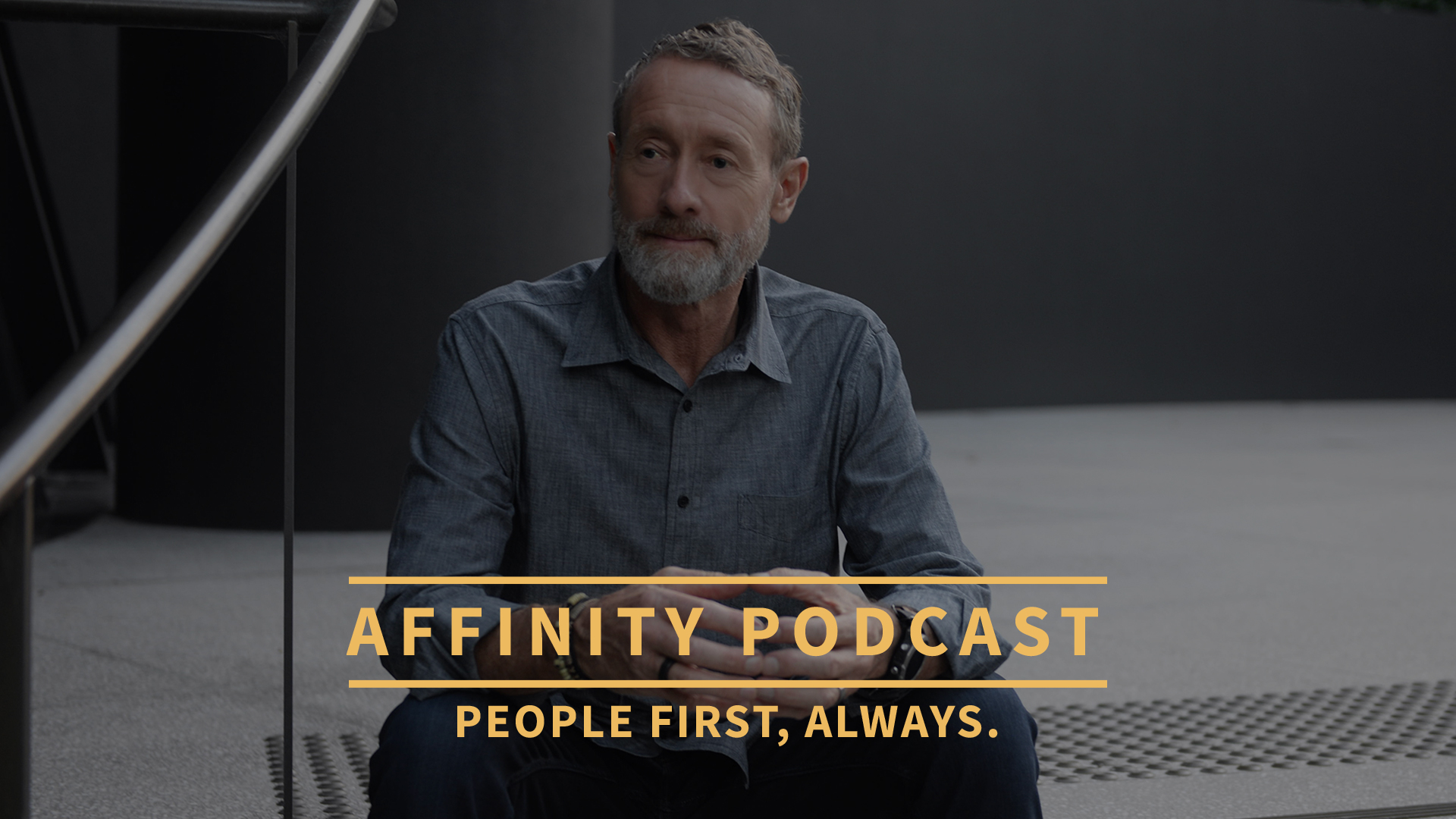Unveiling the Healing Power of Acupuncture and Traditional Chinese Medicine: Ancient Wisdom for Modern Wellness


Grant Ian Gamble is a best-selling mindful leadership author and speaker. He has over 30 years of experience in leading teams to create innovative customer experiences, building engaged workforces, and developing leaders who prioritize mindfulness in their approach.
Discover the world of acupuncture and Traditional Chinese Medicine (TCM) and how they can revolutionize your approach to health and well-being.
What is Acupuncture and Traditional Chinese Medicine?
In our fast-paced, modern world, many people are seeking natural and holistic approaches to healthcare. Acupuncture and Traditional Chinese Medicine (TCM) have emerged as powerful and effective alternatives, with their roots in ancient wisdom and a focus on restoring balance within the body. In this article, we’ll explore the incredible benefits of acupuncture and TCM, and how they can transform your approach to health and wellness.
Acupuncture and Traditional Chinese Medicine are ancient healthcare systems originating in China over 2,500 years ago. TCM is based on the concept of Qi (pronounced “chee”), the vital life force energy that flows through the body along specific pathways called meridians. Acupuncture, a key component of TCM, involves the insertion of thin, sterile needles into specific points on the body to regulate the flow of Qi and restore balance within the body.
Traditional Chinese Medicine encompasses a variety of treatment modalities, including herbal medicine, acupuncture, Tui Na (a form of therapeutic massage), and dietary therapy. TCM practitioners use these therapies in combination to address the root causes of illness and promote optimal health and well-being.
Benefits of Acupuncture and Traditional Chinese Medicine
Pain Relief: Acupuncture has been shown to be effective in reducing pain and inflammation associated with a variety of acute and chronic conditions, such as headaches, neck and back pain, and arthritis.
Stress and Anxiety Reduction: Acupuncture and TCM can help regulate the body’s stress response, promoting relaxation and reducing anxiety levels.
Improved Sleep: By restoring balance within the body, acupuncture and TCM can improve sleep quality and help alleviate sleep disorders, such as insomnia.
Enhanced Immunity: Acupuncture and TCM can support the immune system by regulating the body’s Qi and promoting overall wellness.
Digestive Health: TCM and acupuncture can address a variety of digestive issues, such as irritable bowel syndrome (IBS), acid reflux, and bloating, by improving the function of the digestive system and restoring balance within the body.
Holistic Approach: Acupuncture and TCM focus on addressing the root causes of illness, rather than merely treating symptoms, offering a comprehensive and holistic approach to healthcare.
Acupuncture and Traditional Chinese Medicine in Practice
Examples of Acupuncture and Traditional Chinese Medicine in practice may include:
- A patient with chronic lower back pain receiving acupuncture treatment to alleviate pain and improve overall function.
- An individual experiencing frequent migraines working with a TCM practitioner to develop a personalized herbal medicine plan and receive regular acupuncture treatments to reduce the frequency and intensity of migraines.
- A patient with anxiety and insomnia undergoing acupuncture treatment and learning TCM-based relaxation techniques to improve sleep quality and reduce anxiety levels.
Acupuncture and Traditional Chinese Medicine offer a powerful and holistic approach to healthcare, drawing on ancient wisdom to restore balance within the body and promote optimal health and well-being. If you’re seeking a transformative, natural approach to health and wellness, consider exploring the remarkable benefits of acupuncture and TCM.
Your Ultimate Recovery Guide: Unlocking the Secrets to Peak Performance, Health and Well-being

Put PEOPLE FIRST, ALWAYS and watch your business flourish.
Dive deep into the latest trends in customer experience and team engagement, mindful leadership and management. Discover practical tools and strategies that you can use to build a people-centric culture, the foundation for sustainable long-term business growth and success.
Led by mindful leadership expert, Grant Ian Gamble, a best-selling author and true visionary with over 30 years of experience in leading teams to create innovative customer experiences, building engaged, inspired and fulfilled workforces, and developing leaders who prioritize genuine connection in their approach.
The guiding principle behind all of Grant’s work is PEOPLE FIRST, ALWAYS.
More Articles:
Team Member (aka Employee) Engagement
Team member (aka employee) engagement is crucial to the success of any business. It not only boosts productivity but also enhances team member satisfaction and reduces turnover. With the increasing importance of engagement in today’s workplace, it’s essential to focus on creating a people-centric company culture through mindful leadership and always putting people first.
What is team member engagement, and why is it important?
9 Trends Shaping the Workplace in 2023: How Leaders Can Become Employers of Choice in a Competitive Talent Landscape
The workplace landscape has shifted dramatically over the past two years. The COVID-19 pandemic has forced businesses to adapt to remote work and hybrid models, and team members have been feeling the effects of burnout more than ever before. In 2022, business leaders were faced with unprecedented challenges, and 2023 is no different. However, how organizations respond to these challenges could determine whether they become an employer of choice.
Overcoming Burnout and Building Resilience: Strategies to Help Prevent Burnout and Help You and Your Team Thrive in a Fast-Paced World
In this article, I’ll share some of the strategies and tools that I’ve used to help prevent burnout in myself and my team, and how you can apply them to your own leadership style.
Burnout is a pervasive issue that affects many people in today’s fast-paced world. It is a state of chronic stress that occurs when we experience prolonged periods of exhaustion, cynicism, and detachment from our work or personal lives. According to productivity expert Chris Bailey, burnout can be described as a “diminishing returns problem,” where we become less productive and efficient as we work longer and harder.
Fill out the form below and receive a PDF download of "6 Key Strategies to Engage Untapped Fitness and Wellness Market Segments"
Let's Connect!
CUSTOMER EXPERIENCE, TEAM ENGAGEMENT & WORKPLACE WELL-BEING: AFFINITY OS™ | WELLNESS INTEGRATION | MINDFUL LEADERSHIP: "THE AFFINITY PRINCIPLE"
0475 866 592

The Affinity Principle™ by Grant Gamble presents a formula for business success through a people-centric, mindful leadership approach.
PEOPLE FIRST, ALWAYS.








